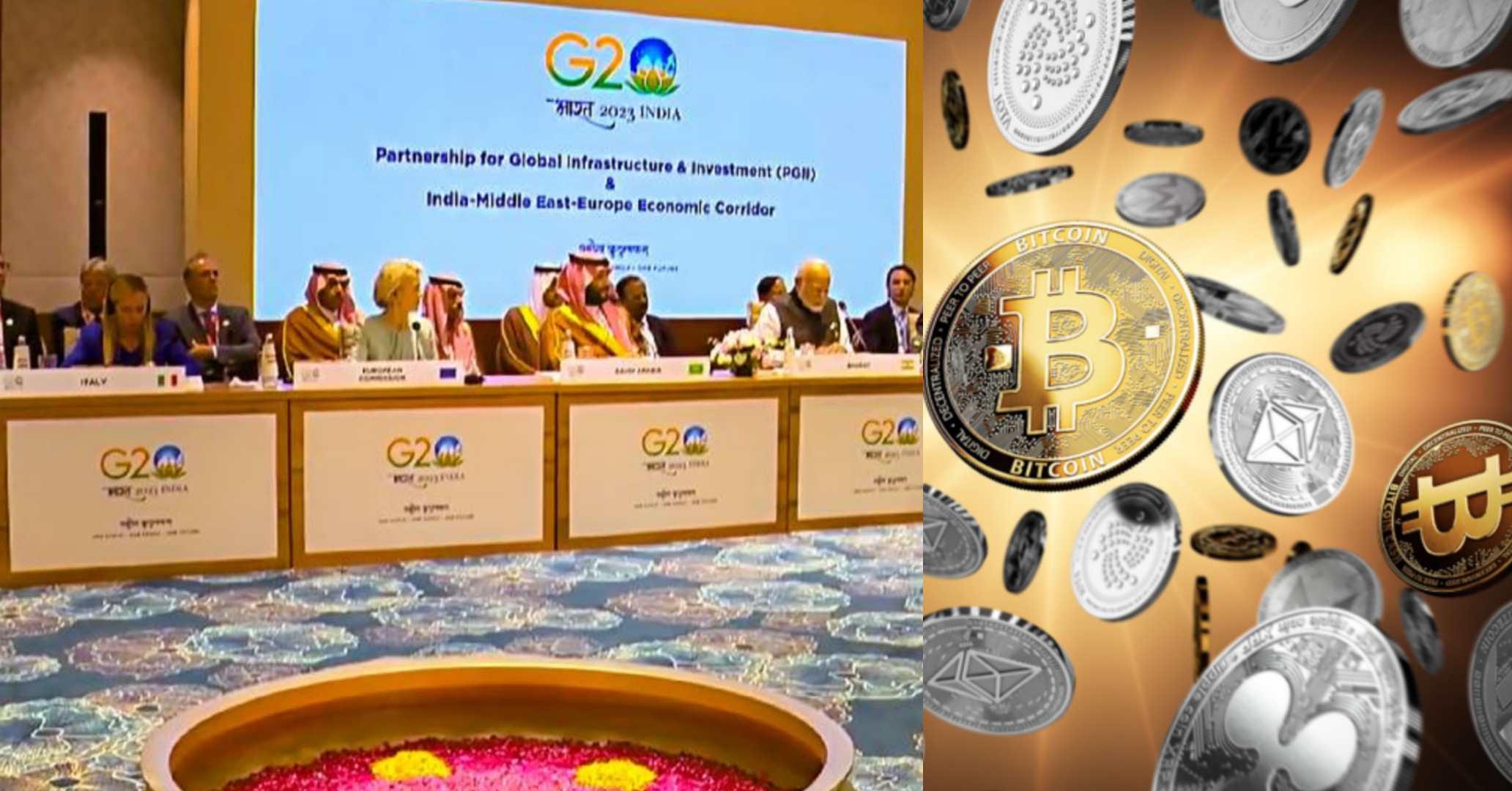
The G20 leaders have affirmed their commitment to the prompt implementation of the Crypto Asset Reporting Framework (CARF), aimed at preventing tax evasion through non-financial assets. The CARF will facilitate the exchange of information concerning crypto assets among member nations, with a target to commence exchanges by 2027. This move seeks to deter individuals from using such assets to hide undisclosed wealth.
In their declaration, the G20 leaders emphasized the need for CARF implementation, calling upon the Global Forum on Transparency and Exchange of Information for Tax Purposes to determine a coordinated timeline for relevant jurisdictions to initiate these exchanges.
Furthermore, the leaders expressed their dedication to the swift implementation of the two-pillar international tax package. Substantial progress has already been made on Pillar One, including the development of a text for a Multilateral Convention (MLC), work on Amount B, and the finalization of the Subject to Tax Rule (STTR) under Pillar Two.
During a post-summit briefing, Finance Minister Nirmala Sitharaman highlighted progress on various fronts, such as the exchange of information regarding immovable property transactions and the launch of the South Asia academy for tax and financial crime investigation in collaboration with the OECD.
The global tax deal, backed by approximately 140 countries, is designed to reform global tax norms, ensuring multinational corporations pay taxes wherever they operate at a minimum rate of 15 percent. While the agreement is making headway, certain issues still require resolution before implementation.
The G20 countries have called on the OECD to establish an inclusive framework to address remaining concerns related to the MLC (multilateral convention), aiming for its signature in the second half of 2023. Additionally, they aim to complete the work on Amount B by the end of 2023.
The declaration also recognized the importance of coordinated efforts for capacity building in implementing the two-pillar international tax package effectively, with special consideration for support and technical assistance to developing countries.
Moreover, the G20 countries acknowledged the OECD’s report on enhancing international tax transparency concerning real estate and the Global Forum Report on facilitating the use of tax-treaty-exchanged information for non-tax purposes.
The OECD’s recommendations included automatic exchange of information on real estate assets among countries and the establishment of digitalized ownership registers accessible to relevant government agencies in real time. This initiative aims to address concerns over foreign real estate investments being used to conceal undeclared assets.
The Global Forum report emphasized the need for a ‘whole-of-government’ approach to combat illicit financial flows through the sharing of information between tax authorities and non-tax agencies, such as financial intelligence units, anti-corruption agencies, customs authorities, and public prosecutors.
India, among others, advocated expanding the scope of the common reporting standard (CRS) at the G20 to encompass non-financial assets like real estate properties under the automatic exchange of information (AEOI) among OECD countries.
